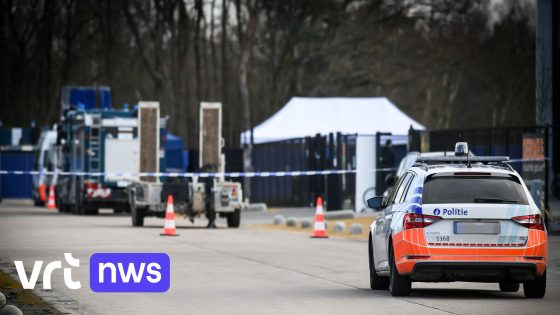The shortage of full-time teachers in Dutch-speaking education is becoming a pressing concern across Belgium. According to a new study released on 2025-08-25 10:43:00 by the Education Department, there are more than 3,700 full-time teaching positions unfilled. This gap is especially acute in Brussels and Halle-Vilvoorde, where schools struggle to meet demand.
- More than 3,700 full-time teachers missing
- Teacher shortage intensifies in Brussels region
- Minister Demir links shortage to task changes
- Calls for teachers to focus on teaching
- Previous reforms affected teacher responsibilities
- Education department reveals new research findings
Minister Zuhal Demir (N-VA) attributes much of the problem to the expanded roles teachers have been assigned in recent years. She points out that her predecessor, Ben Weyts (N-VA), introduced new responsibilities that may detract from teachers’ core task: delivering quality lessons. How can schools ensure educators focus on what they do best? And what impact will this shortage have on the future of education in Flanders?
These questions set the stage for understanding the current teacher shortage and its implications.
Why is this shortage worsening, and what does it mean for students and schools? The shift in teacher duties appears to be a key factor. Demir’s call to reduce administrative and extracurricular burdens reflects a desire to optimize teaching effectiveness. Consider these points:
- Expanded teacher roles have diluted time for lesson preparation and delivery.
- Brussels and Halle-Vilvoorde show the highest demand, suggesting urban and suburban pressures.
- Addressing the shortage requires policy adjustments to streamline teacher responsibilities.
- Retaining and attracting teachers depends on improving working conditions and focus.
Moving forward, policymakers and school leaders must prioritize supporting teachers by reducing non-teaching tasks. Will Belgium rise to the challenge and secure a stronger future for its education system? The coming months will be crucial in shaping effective solutions.
































